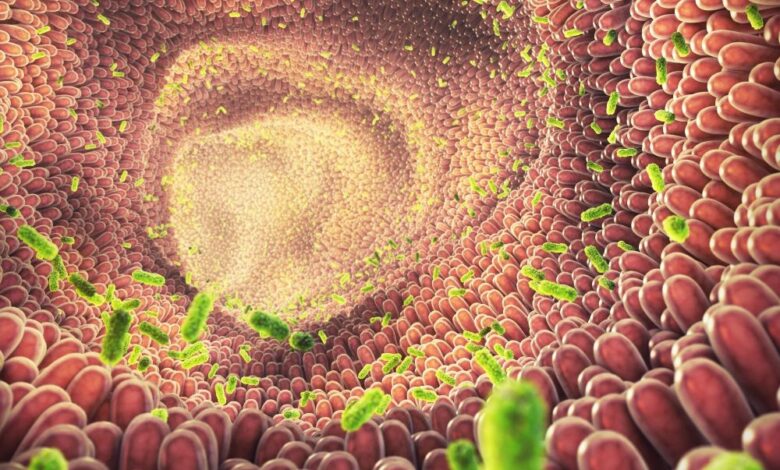
Chemotherapy is a standard clinical regimen that is most often used to treat cancer patients. It uses powerful chemicals to stop the growth or proliferation of cancer cells in the body, and is usually administered after a procedure to remove the cancerous growth. Many cancer patients dread chemotherapy due to the powerful drugs used in the medication, which can cause both physical and psychological side effects, including cognitive decline.
New studies by researchers at the Ohio State University show that chemotherapy also has a negative impact on the gut microbiome — the billions of microorganisms that reside in our intestinal tract of humans and other animals. The microbiota affect each other and their environment in various ways, and also influence many aspects of our overall health.
The new study found that the gut flora even communicates with the brain to affect behavioral changes, including cognition in humans.The university’s ‘Intelligut Study’ conducted by the researchers found that the gut microbiome was involved in precipitating cognitive side-effects on undergoing chemotherapy. The discovery of a potential connection between the gut and cognitive outcomes could pave the way for developing treatments that target the gut to treat the brain.
The clinical longitudinal observational ‘intelligut’ study explored whether chemotherapy-induced disruption of the gut microbiome relates to cognitive decline and circulating inflammatory signals. Fecal samples, blood and cognitive measures were collected from 77 patients with breast cancer before, during and after chemotherapy.
Chemotherapy was found to induce microbiome disruption that related to cognitive decline and inflammation among the patients. Those cognitively impaired were found to have unique chemotherapy-induced microbiome alterations, including a significant reduction in the diversity of their gut microbiome.
The new research was based on prior research at the university on mouse models, which found that shifts in the gut microbiome due to chemotherapy, induced neurobiological changes and behavioral side effects in mice. The current study indicated that an association between gut microbiome and cognitive performance exists in humans as well.
“Chemotherapy is a very important tool for stopping many cancers and side effects should not deter patients who would benefit from this type of therapy from pursuing it. But through our new study we now know that the side-effects of some treatment regimens can induce cognitive decline that could be challenging for patients to overcome,” said the researchers. The research team is now reportedly conducting studies on how the gut microbiome impacts cancer treatment effectiveness and its role in reducing or increasing cancer risk, as well as on developing ways to manage the side effects of disease treatment with a focus on the quality of life for patients.













